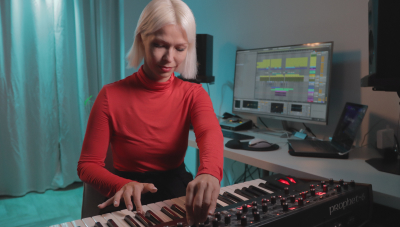Tuning your kick (Hannes Bieger’s tips)
We have heard many times that it is important to fine-tune the percussive elements in our compositions. This is especially important for the “kick or “bass drum” when we want to produce styles such as house or techno, or any other electronic genre in which these elements have a lot of relevance.
If you still not familiar with kick drums check out this free chapter on creating better kick drums , this will help you understand kick drums to a better level
We will explain why along with Hannes Bieger, and we will explain how to do it quickly with Ableton Live and with Logic Pro X.
Excited for Hannes Bieger Masterclass? Join now >
Why tune the Kick
There is great concern among beginning, and not-so-beginning producers, about wanting to know how to mix bass drum and the bass. This is totally justified since getting the low-end right is one of the most important things to make an electronic music track sound good.
Many times we forget that a song is simply a harmonic relationship between its elements. And if we forget about it and we are adding elements to the track without thinking if they are all within the same scale, we will begin to hear imperfections that will later be impossible to fix, no matter how much processing we apply.
Kick and other bass percussive elements may not seem to us to have a specific “note”, and, therefore, we think they do not need to be tuned. However, the kick has harmonics that, although cannot be heard when listening to it alone, they crash with the harmonics of the other elements, especially the bass because it is within the same frequency range.
Therefore, Hannes Bieger tells us: “the goal is to get the drum bass in a place where harmonically works well with the bassline, in order to save us effort to mix them later on” And he shows us why:
How to tune the Kick
Hannes Bieger recommends that we tune the kick to the root or tonic note of the overall scale of the track. The ideal is to have basic musical knowledge to be able to identify what the key is, although you also have software that helps you find out, such as “mixed in key” which tells you the key of a sound file.
Once you know the key of the song or the bass line, and you know what is the note in which you will have to tune your kick, another difficulty arises. And it is not easy for our ears to hear the detail of the tone in such a deep sound. So what Hannes Bieger does is transpose the kick 12 semitones (one octave) up. By listening to the kick higher, it is easier for us to tune.
When we do not have musical knowledge and we do not know how many semitones to increase or remove so that our kick reaches the tone we are looking for, the only solution we have is to use our ears and try different options until it seems to us that the two notes we are comparing are the same.
A tuner will not help us when we analyze the kick, since this is such a short sound that the tuner does not have time to give you a result. You can try using it when analyzing a simple bass line, for example. Anyway, it’s best to get used to comparing notes with a piano or instrument with which you are very familiar. With practice you will be able to do it fast, and you will train your ear, which will be very good for you to compose as well.
See how to do it with Ableton Live:
See how to do it with Logic Pro X:
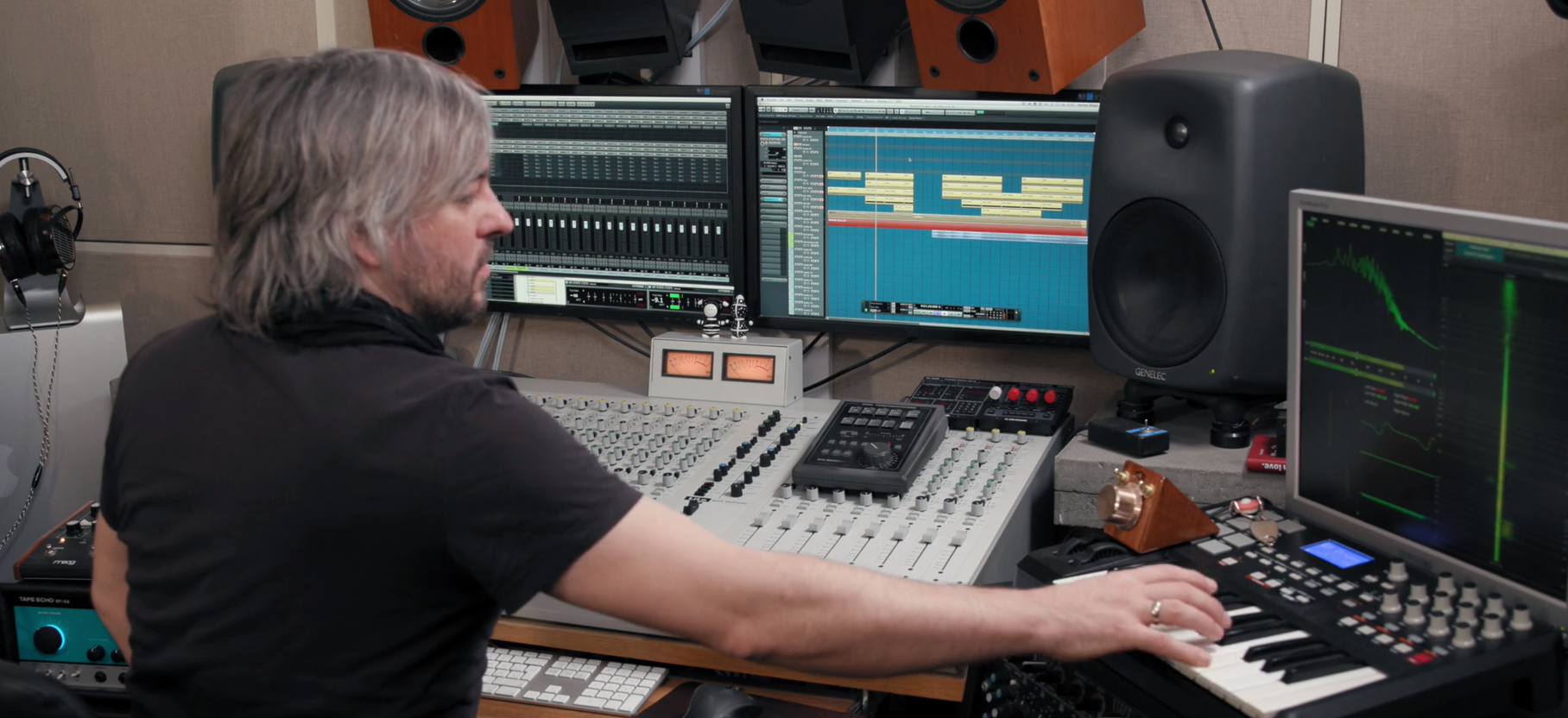
Want more? Access Hannes Bieger’s first-ever Masterclass here
Get inside the creative process of one of electronic music leading producers and sound engineers.
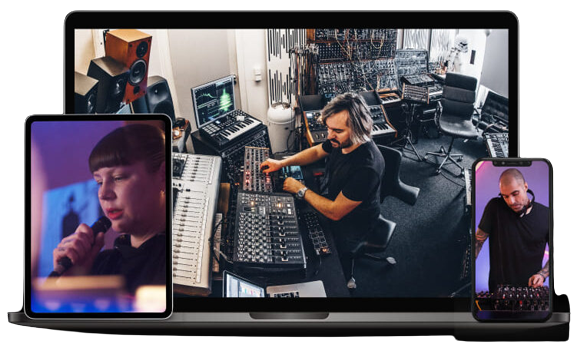
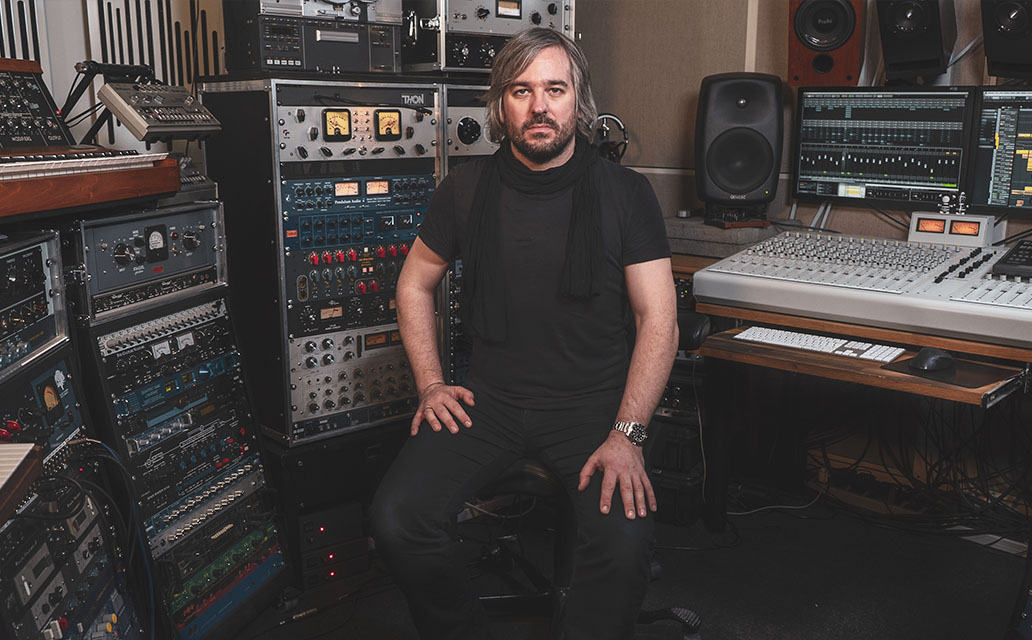
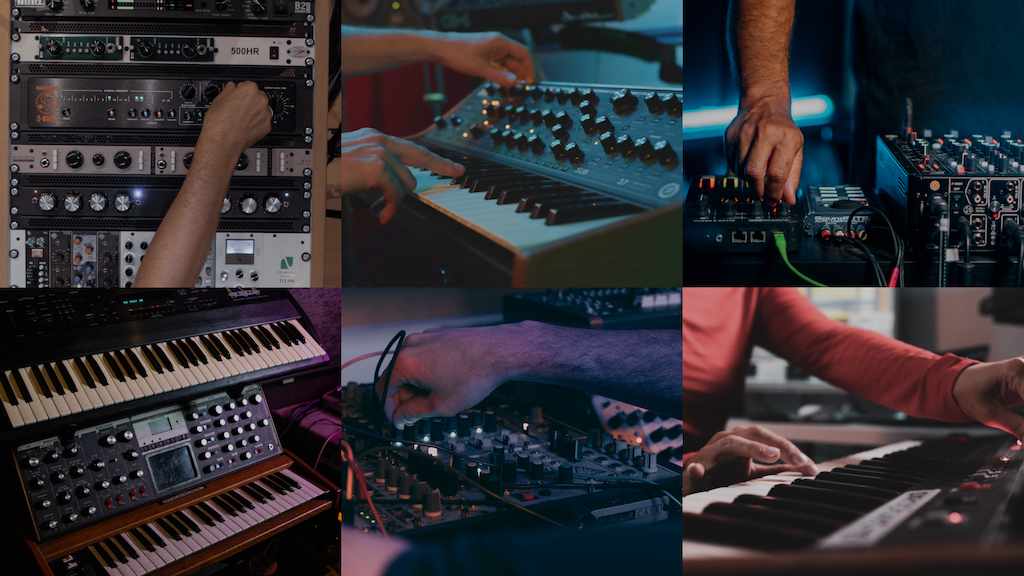
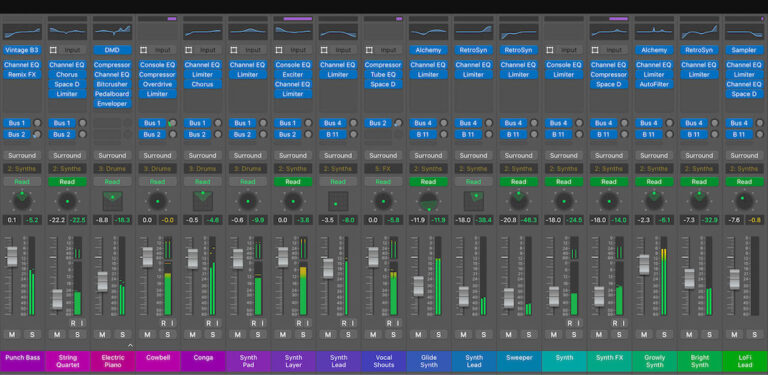
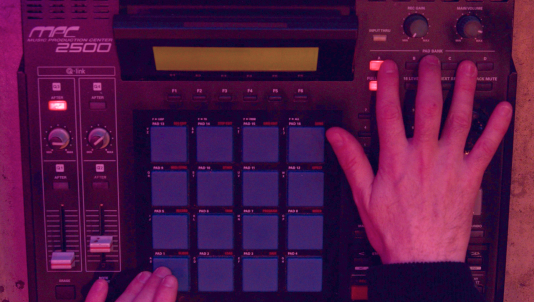

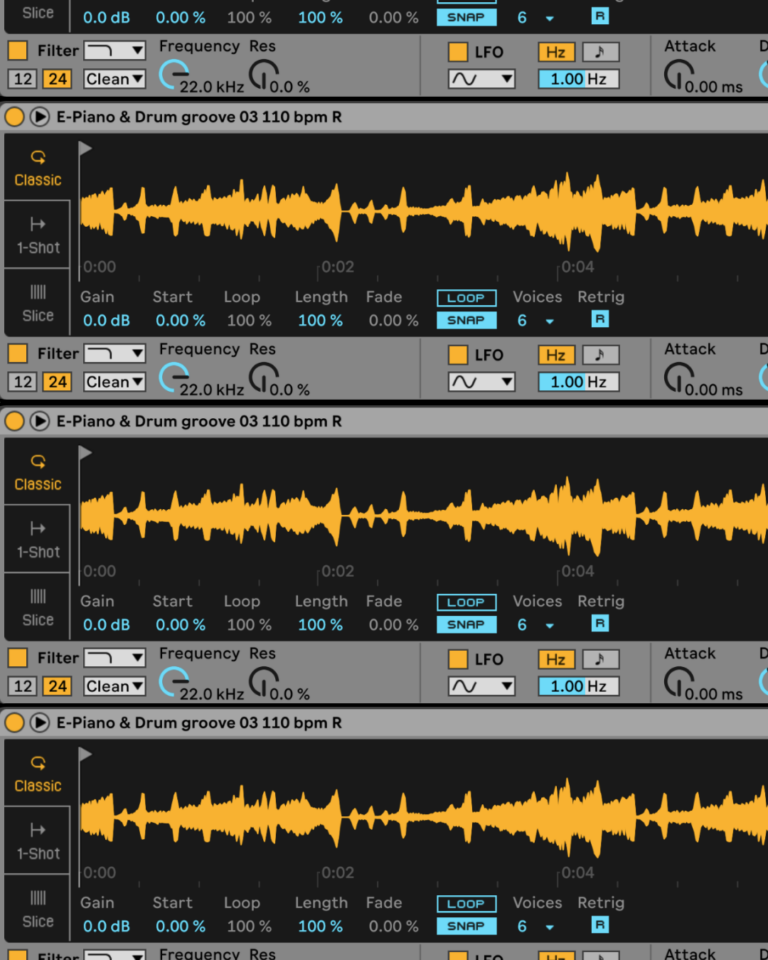
 50 Industry Music Production Tips You Must Know
50 Industry Music Production Tips You Must Know


